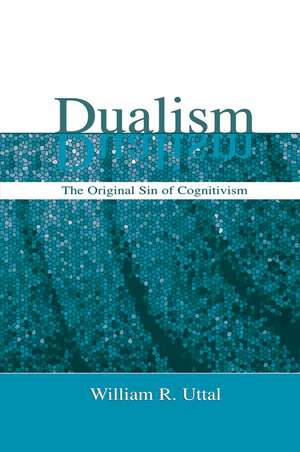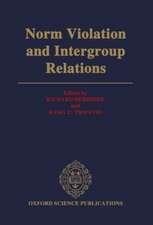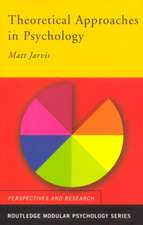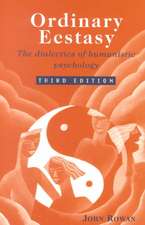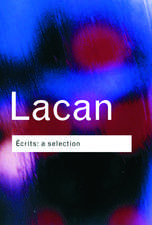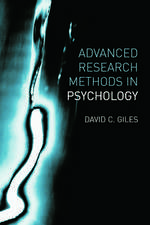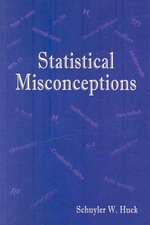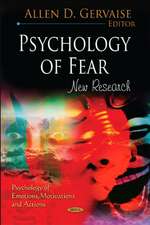Dualism: The Original Sin of Cognitivism
Autor William R. Uttalen Limba Engleză Paperback – mai 2013
| Toate formatele și edițiile | Preț | Express |
|---|---|---|
| Paperback (1) | 490.62 lei 6-8 săpt. | |
| Taylor & Francis – mai 2013 | 490.62 lei 6-8 săpt. | |
| Hardback (1) | 1016.86 lei 6-8 săpt. | |
| Taylor & Francis – 16 aug 2004 | 1016.86 lei 6-8 săpt. |
Preț: 490.62 lei
Nou
Puncte Express: 736
Preț estimativ în valută:
93.89€ • 101.95$ • 78.87£
93.89€ • 101.95$ • 78.87£
Carte tipărită la comandă
Livrare economică 23 aprilie-07 mai
Preluare comenzi: 021 569.72.76
Specificații
ISBN-13: 9780415653329
ISBN-10: 0415653320
Pagini: 416
Dimensiuni: 152 x 229 x 19 mm
Greutate: 0.49 kg
Ediția:1
Editura: Taylor & Francis
Colecția Routledge
Locul publicării:Oxford, United Kingdom
ISBN-10: 0415653320
Pagini: 416
Dimensiuni: 152 x 229 x 19 mm
Greutate: 0.49 kg
Ediția:1
Editura: Taylor & Francis
Colecția Routledge
Locul publicării:Oxford, United Kingdom
Public țintă
ProfessionalCuprins
Contents: Preface. Introduction. The Paleoanthropology of Dualism. The Neolithic Archeology of Dualism. The Early Written History of Religious Dualism. Modern Religious Dualisms. Modern Philosophical Dualisms. Dualism and Psychology. Summary and Conclusions.
Descriere
This book is an iconoclastic survey of the history of dualism and its impact on contemporary cognitive psychology.
